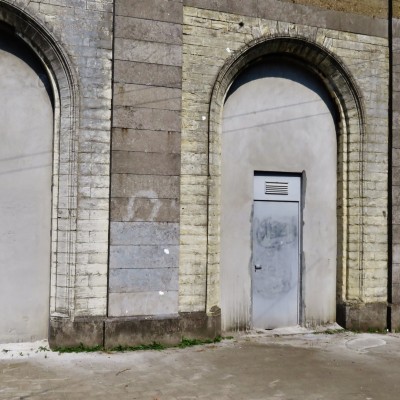
IETM’s reaction to the New Agenda for Culture: effective measures to implement the ambitious framework
The European Commission has released a Communication on a New European Agenda for Culture (Agenda), which puts forward a bold and balanced approach to culture as a vital component and a powerful driver of social cohesion, economic development and international relations.
It is timely and crucial to address the need for building a true community among Europeans based on shared values, a feeling of togetherness, and acceptance of the “other”. We welcome the Commission’s long-awaited recognition of the role of culture in this process. Active citizenship, social fairness, and integration of newcomers are unachievable without resorting to the unique power of culture and the arts, and we are happy this is acknowledged by the Agenda.
Moreover, we welcome the Commission’s explicit ambition to strengthen the links between culture and other policy areas and embed focus on culture within various EU funding programmes.
However, no matter how ambitious and positive the discourse of the Agenda is, there are a few concerns which must be tackled by the European Commission, the European Parliament and the Member States, in order for the Agenda to be implemented and to contribute to the EU’s strategic goals:
- The Communication states that the Agenda is “backed with appropriate funding”. However, the recent proposal for the EU future budget suggests allocating € 1.85 billion to the Creative Europe programme 2021-2027. While being an increase compared to the current programme’s envelope, it is, nonetheless, insufficient to bring the Agenda’s ambitious vision to life. Thus, we request an allocation of at least the double amount of the current Creative Europe budget to the cultural and creative sectors within the post-2020 programme.
- The ambition of streaming culture in other domains is not adequately reflected in the EC’s proposal for the EU’s future MFF, where culture is not even mentioned in the majority of policy fields to which it contributes considerably. Sound and tailor-made strategies of opening other DGs to culture should be designed and implemented by the Commission, in close collaboration with the sector. Research, extra support to advocacy actions and undertaking multi-sectoral forums might be part of the list of solutions.
- The information about the funding opportunities available for cultural and creative sectors within other DGs is scattered and often not easy to find. We encourage the Commission to develop a “one-stop-shop” website, where all existing funding instruments for culture are listed in a user-friendly and efficient manner.
- A Cultural capability approach was put forward as a guiding principle of the Agenda. Although we cannot agree more that cultural participation and everyday creativity contribute greatly to fostering intercultural dialogue and building healthy societies, we stress the necessity of delineating social and artistic work and guaranteeing enough space within the EU funding instruments for appreciating the intrinsic value of artists’ work.
- We endorse the ambition of harnessing the cultural dimension in international relations and call on the European institutions to consider the power of cultural networks to build interpersonal bonds and connections across national frontiers and their ability to strengthen a truly human-based, bottom-up component of international cultural relations.
- The Agenda aims at undertaking “specific initiatives in the most mature sectors, to support more effectively the rich diversity of European cultural expressions.” We call for an equal support to all cultural and artistic sectors, including those which need public support the most, due to the time- and human-intensive nature of their work, as we believe that this is the only fair and effective way of enhancing the diversity of cultural expressions in Europe.
- Small-scale projects and small organisations are very often the ones most involved in the work with the most urgent social issues and answer most efficiently to the many different needs of our fragmented societies. Being particularly flexible, agile and prone for international mobility, they are at the forefront of conceiving and fostering cross border bonds and collaborations, which are essential for nourishing a feeling of common European culture and values. Therefore, the Agenda must promote an equal and fair approach to the EU culture funding schemes, which should be more flexible and accessible for small organisations and small-scale initiatives.
IETM supports the Commission’s bold proposal for the New Agenda and calls on the European institutions, member states and all stakeholders - from the cultural and creative sectors and beyond - to endorse the Agenda, and undertake all possible measures to materialise its ambitious vision of culture being a powerful driver of social inclusion, economic prosperity and international relations.

